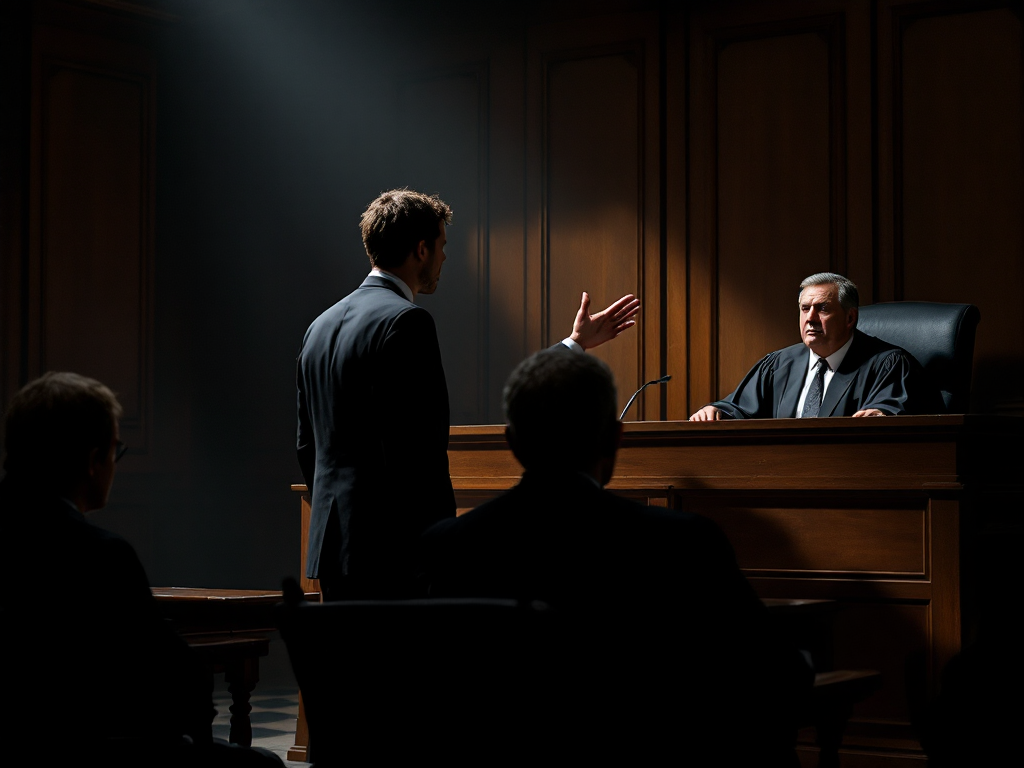Controversial Decision by the Justice Department
The U.S. Justice Department has approved the restoration of gun rights to actor Mel Gibson, a prominent Hollywood figure who lost these rights due to a 2011 domestic violence conviction. The decision, approved by Attorney General Pam Bondi, emerged following internal contention within the department itself, heightening concerns over the influence of political connections on judicial processes. Typically, federal laws prohibit firearm ownership for individuals convicted of domestic violence crimes, making this reversal notably controversial.
Mel Gibson’s case has drawn particular scrutiny because of his high-profile support for former President Donald Trump and his appointment as one of Trump’s special ambassadors to Hollywood. The restoration of Gibson’s gun rights was part of a broader decision affecting nine other individuals, each subject to similarly stringent regulations due to past criminal convictions.
The approval of Gibson’s gun rights restoration is seen as controversial due to federal laws typically prohibiting firearm ownership by individuals with domestic violence convictions. This controversy was accentuated by the firing of Elizabeth Oyer, a former pardon attorney at the Department of Justice, who opposed reinstating Gibson’s gun rights without more rigorous justification and review. Oyer contended that her dismissal stemmed from her refusal to yield to internal pressure favoring Gibson due to his connection with former President Trump.
“Giving guns back to domestic abusers is a serious matter that, in my view, is not something that I could recommend lightly, because there are real consequences that flow from people who have a history of domestic violence being in possession of firearms,” stated Elizabeth Oyer.
Internal Strife and Policy Debate
Elizabeth Oyer detailed troubling interactions within the Justice Department, claiming she faced significant pressure from senior officials. She recounted that she had been advised it was “wise” to recommend Gibson’s rights restoration specifically because of his close relationship with Trump. Oyer resisted these recommendations due to the serious allegations underlying Gibson’s conviction, including accusations of violence toward his then-girlfriend, Oksana Grigorieva, reportedly committed while she held their infant child.
The internal disagreements emerged sharply when Oyer insisted on adherence to existing policies and a thorough vetting process for such sensitive decisions. Her subsequent dismissal has raised questions about potential politicization within the Justice Department, with critics arguing it exemplifies a disturbing trend toward politically motivated legal decisions over impartial assessments.
Gibson’s 2011 conviction came after a highly-publicized incident involving domestic violence charges, resulting in three years of probation. That incident has remained a key point of contention throughout this process. Federal firearms restrictions, historically enforced rigorously against individuals convicted of violent misdemeanors like domestic assault, further underscore why this decision raised significant ethical and legal concerns.
“I was told that Gibson’s relationship with Trump should warrant the restoration of his rights,” Oyer explained, highlighting potential broader implications regarding the nature of political influence in law enforcement decisions.
This affair marks another episode in renewed debates about federal policy on gun rights, especially as it relates to individuals with criminal histories involving violence. Recently, the Supreme Court has upheld the government’s power to restrict firearm access for individuals implicated in domestic violence cases. However, the decision to restore Gibson’s rights might indicate potential shifts or exceptions emerging from within the current administration’s understanding of these regulations.
Broader Historical Context and Implications
The restoration of firearm rights to individuals previously convicted of violent crimes remains a contentious and sensitive policy debate within the United States, dating back several decades. Historically, the Brady Handgun Violence Prevention Act of 1993 and subsequent amendments have prohibited firearm sales and ownership to individuals convicted of domestic violence misdemeanors and subjected to restraining orders.
Statistical data highlights the gravity of maintaining stringent firearm restrictions for those accused or convicted of such offenses. According to the National Coalition Against Domestic Violence, firearms significantly elevate the risk of lethal outcomes in domestic violence incidents, with studies showing such incidents are five times more likely to result in fatalities when firearms are involved.
Moreover, Gibson’s case highlights broader discussions around fairness, equity, and potential preferential treatments due to personal or political influence. Critics of the decision view it as a departure from legal norms designed for public safety and fear it could lead to an erosion of trust in law enforcement impartiality.
Advocates for rigorous firearm safety measures, such as Everytown for Gun Safety, frequently emphasize that granting gun rights back to individuals with a documented history of violence must be approached with extreme caution. They argue that decisions like the one concerning Gibson could set a problematic precedent.
University of Chicago Law Professor John Rappaport, an expert in criminal justice and gun laws, commented separately on the broader implications. “It is crucial that the Justice Department maintains transparent, consistent criteria to avoid perceptions of favoritism or political interference,” Rappaport stated. “Any deviation risks undermining public trust, potentially compromising broader policy goals focused on community safety and crime prevention.”
“This decision highlights a crucial need for clear, consistent, and impartial policies concerning the reinstatement of firearms rights—especially involving individuals convicted of violent crimes,” Professor Rappaport concluded.
As Gibson’s case draws attention to these significant issues, the forthcoming publication of the specifics regarding his rights restoration in The Federal Register will likely reignite conversations about federal gun ownership restrictions, their enforcement, and the intersection of politics and justice. Neither representatives for Gibson nor the Justice Department have provided public comments surrounding this decision, leaving the broader implications open for ongoing debate and interpretation.


